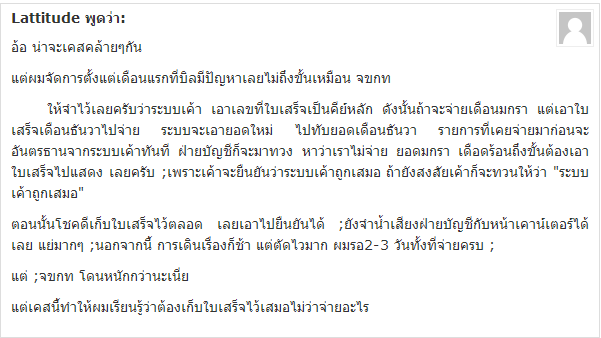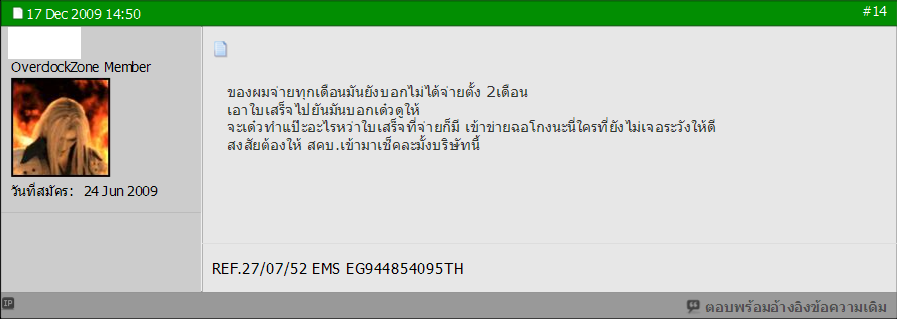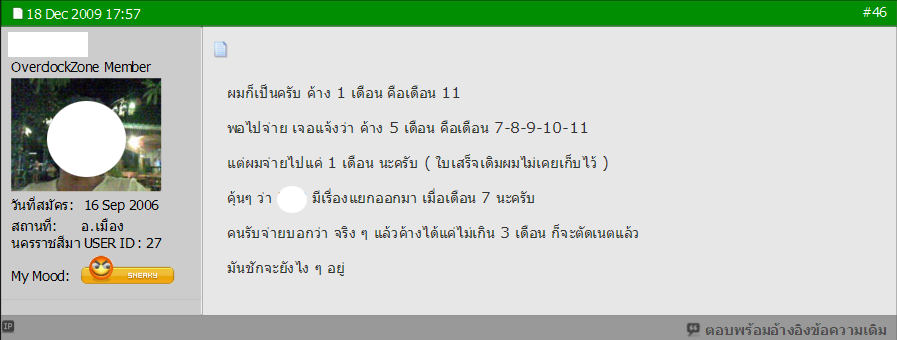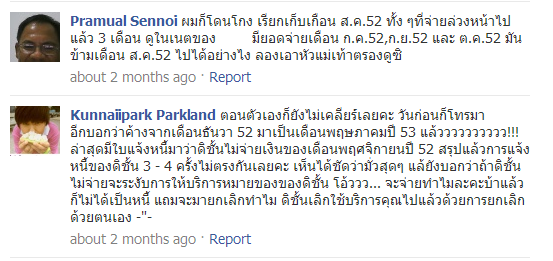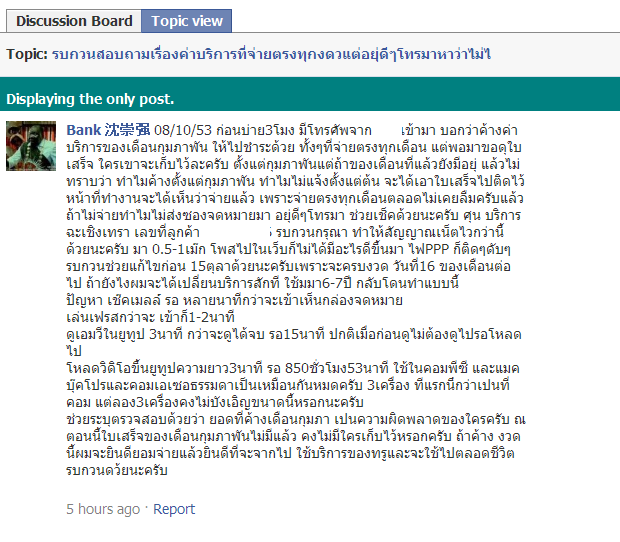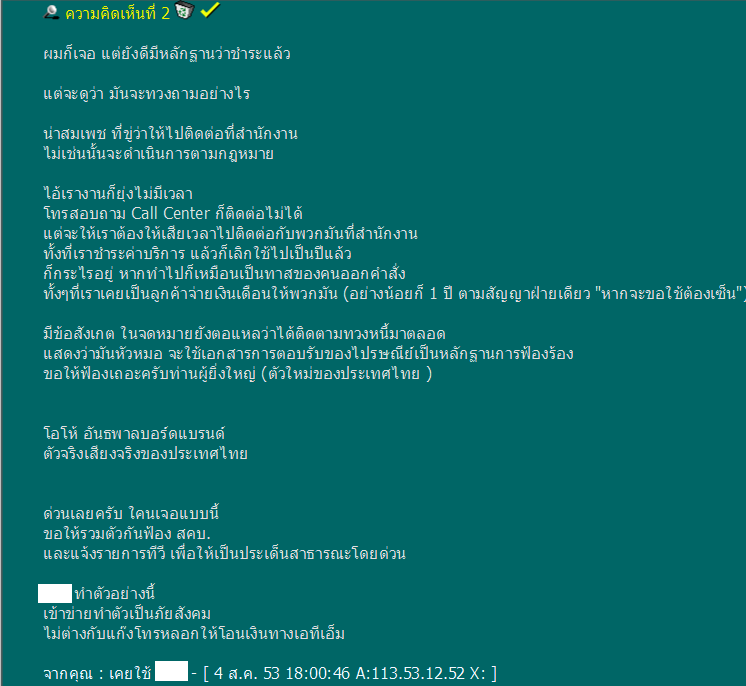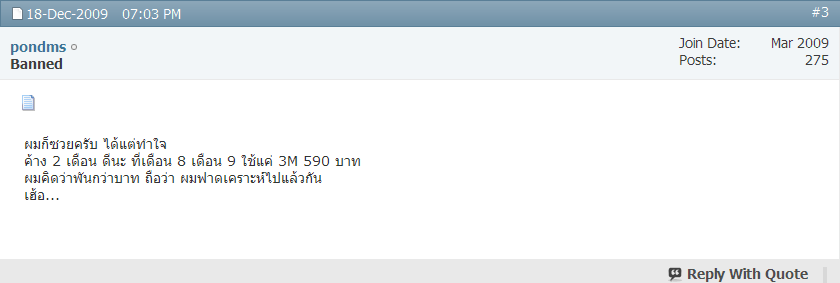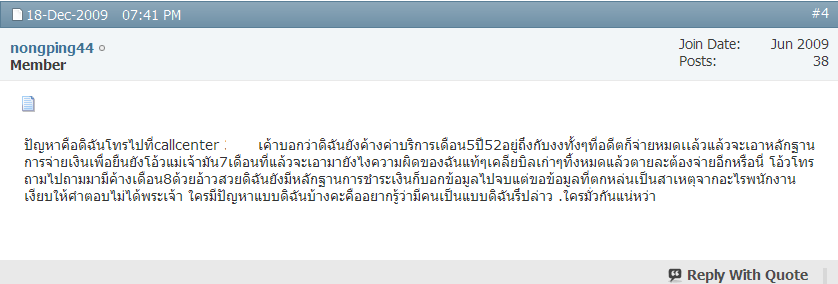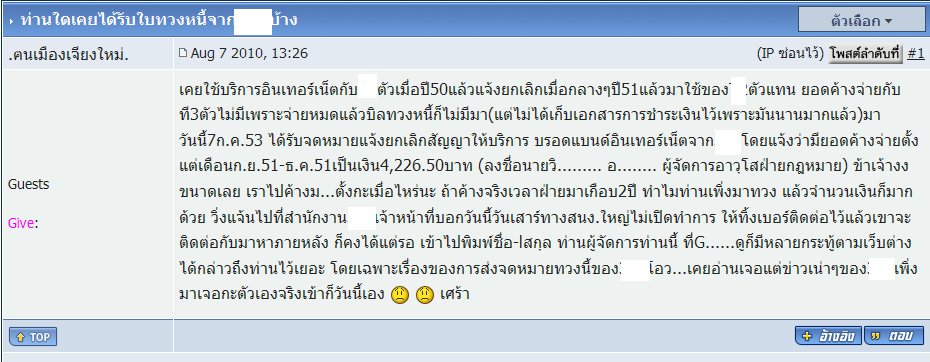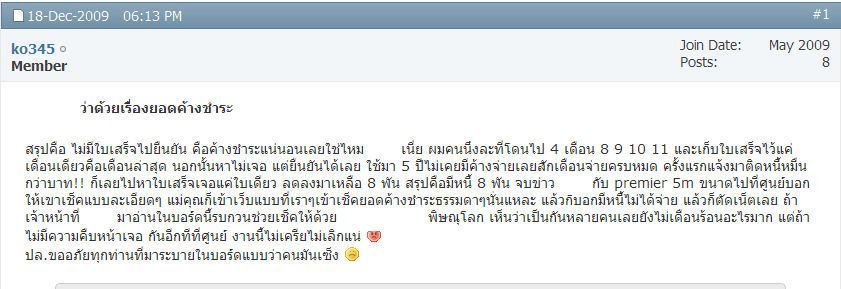 |
คห.168 คุณpha-sea-pha ครับ
ขอบคุณที่ให้ความรู้ใหม่ เพราะปกติชินกับการใช้ waiting+for
ถ้าผมเขียนเองคงใช้ waiting for your post.
เลยต้องไปพึ่งพาอากู๋
Some verbs are usually followed by prepositions before the object of the verb. these are called dependent prepositions and they are followed by a noun or a gerund (‘ing’ form).
He’s waiting for a bus.
For is the dependent preposition for ‘wait’
We can use other prepositions with ‘wait’ – e.g. He waited at the bus stop – but ‘for’ is the dependent preposition.
เลยค้นต่อ
FOR a long time, I’ve believed that the verb “wait” should always be followed by the preposition “for” (as in “wait for her”). However, I’ve noticed that the preposition “on” has now begun to be used as commonly as “for.”
For example, there’s a line in a Madonna song that reads, “I’m tired of waiting on you” and John Mayer is releasing a song called ‘Waiting On a World to Change’. Is this alternative considered grammatically correct?
In addition to the above question, I can’t help noticing this trend of omitting a preposition after “wait” as far as period is concerned. For example, more writers now prefer to write just “wait three days” instead of the correct phrase “wait for three days”. Again, is this alternative considered grammatically correct? – Nasir, Penang
You are right in saying that the verb “wait” is not usually followed by the preposition “on”, when “wait” means “delay doing something or moving anywhere until something happens or someone comes.” and meanings similar to that. “For” and “until” are usually used after “wait”.
However, “wait on” is a different verb, a phrasal verb that means “serve”, as a waiter serves a customer or a servant serves a master. The line in Madonna’s song, “I’m tired of waiting on you”, seems to say that the woman is tired of serving the man, or doing everything for him.
In the title of John Mayer’s forthcoming song, ‘Waiting On a World to Change’, however, “wait on” seems to be an informal version of “wait for” used mainly in American English.
When “wait” is used before a period of time, as in your example, “wait three days”, the use of “for” is optional. The Oxford Advanced Learner’s Dictionary gives an example of this kind of usage: “I’ve been waiting (for) twenty minutes.”
ได้มาอีกเยอะเลย และปรากฏว่าการใช้ waiting+to ก็ค่อนข้างใช้กันเยอะ ไม่ว่าจะเป็นชื่อเพลงเช่น waiting to die
| จากคุณ |
:
พี่บิ๊กแบ็ค 
|
| เขียนเมื่อ |
:
19 ธ.ค. 54 10:10:30
|
|
|
|
 |














 //
//


 โหวต
โหวต 
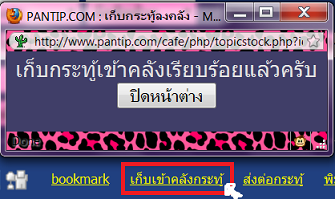




 สงสัยคนแถวนี้ไม่ชอบเล่นหวย
สงสัยคนแถวนี้ไม่ชอบเล่นหวย






